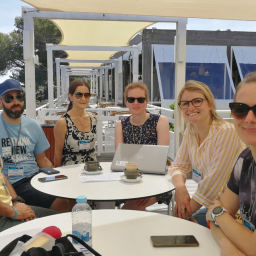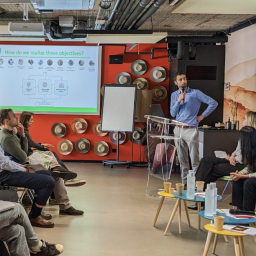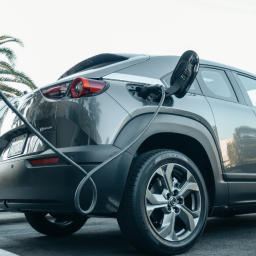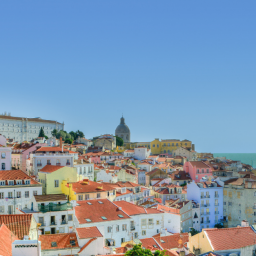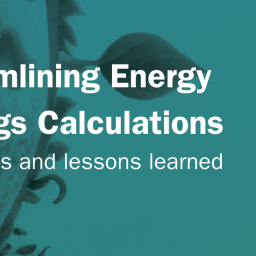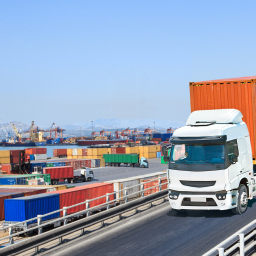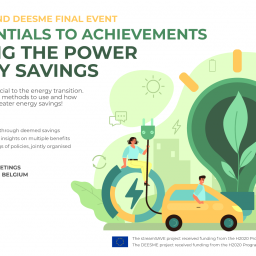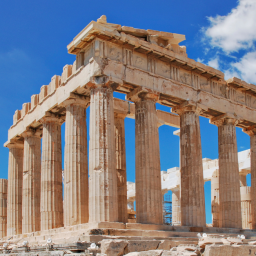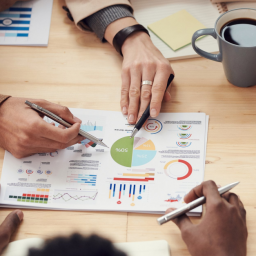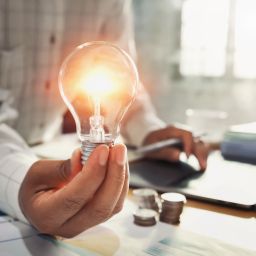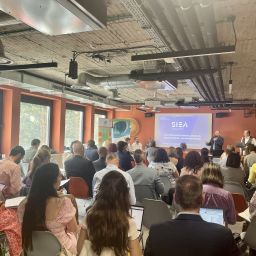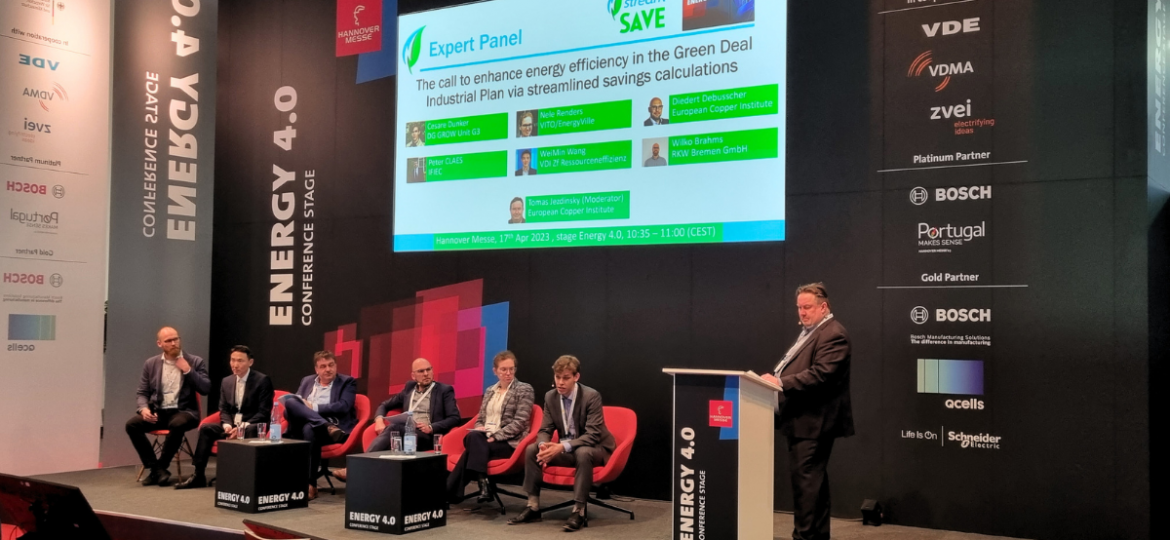
Rebuilding Europe’s energy security requires prioritizing energy efficiency in industry support programs, such as the Green Deal Industrial Plan. Our workshop explored how simplified and streamlined energy savings calculations can help set the right priorities, highlighting the outcomes of the project. Featuring experts from the European Commission, competence centres and industry, this workshop explored the challenges and opportunities for implementing promising energy-saving measures, such as heat recovery, motor replacement, and fleet electrification. Held on the ‘Energy 4.0’ stage, this workshop focused on the role of industry actors in achieving improved energy and resource efficiency.
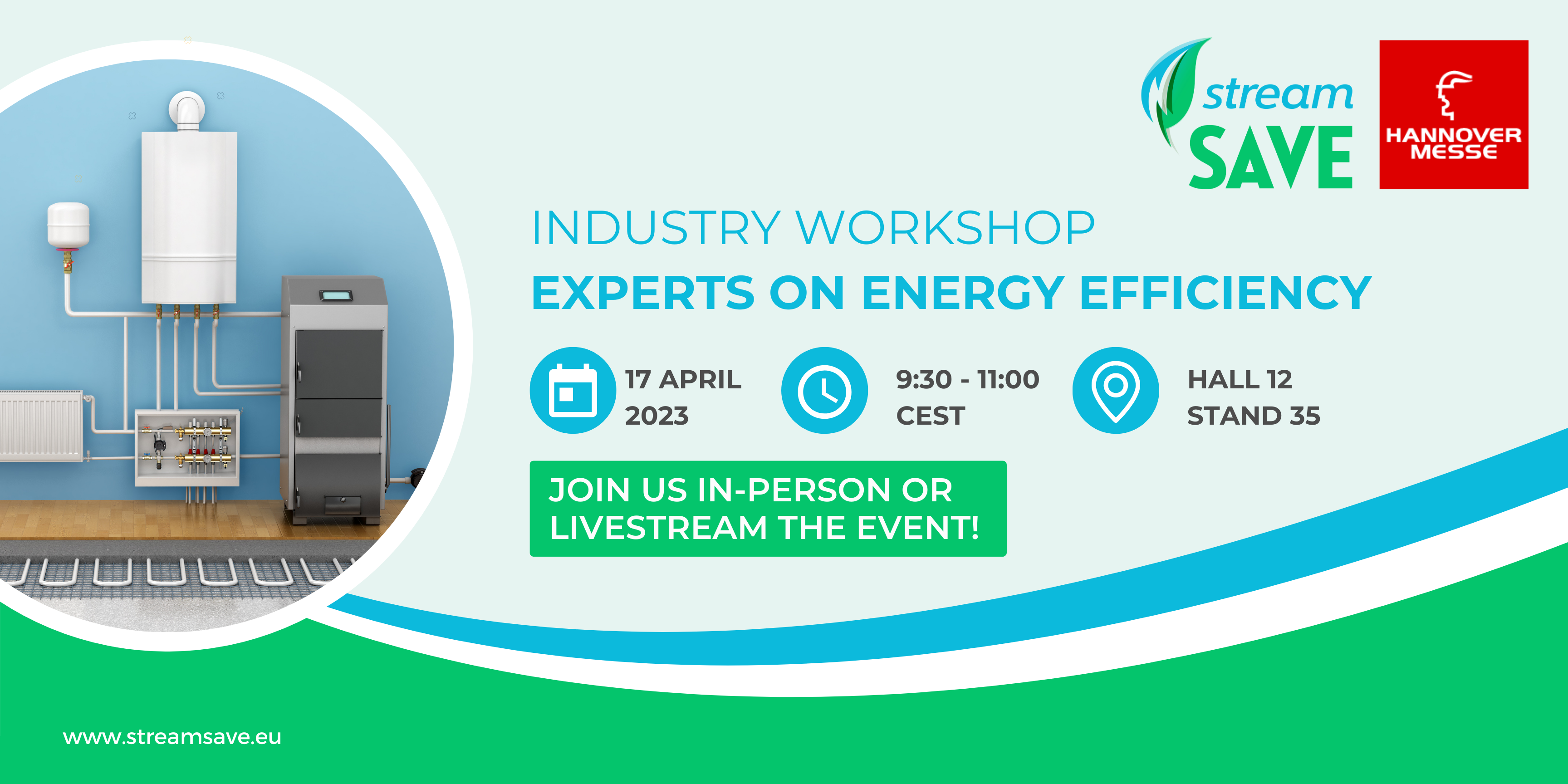
AGENDA
| Time | Title | Speaker | Description |
|
09:30 – 09:35
|
Welcome address
|
Tomas Jezdinsky, ECI
|
Rebuilding Europe’s energy security requires prioritizing energy efficiency in industry support programs, such as the Green Deal Industrial Plan. Our workshop explores how simplified and streamlined energy savings calculations can help set the right priorities, highlighting the outcomes of the EU-funded streamSAVE project. Featuring experts from the European Commission, competence centres and industry, this workshop will explore the challenges and opportunities for implementing promising energy-saving measures, such as heat recovery, motor replacement, and fleet electrification. Held at the ‘Energy 4.0’ stage, this workshop will focus on the role of industry actors in achieving improved energy and resource efficiency. How can companies benefit? A how can they contribute to improving the credibility of energy-saving measures through metering and big data?
|
|
09:35 – 09:45
|
Keynote intro from the European Commission (DG GROW)
|
Cesare Dunker, DG GROW Unit G3 – Digital transformation of industry
|
In his presentation,Cesare will offer some insights on energy efficiency, highlighting certain concrete measures that the European Commission is taking to support businesses in saving energy (e.g. through digital tools and mathmaking). Present an upcoming action by the European Enterprise Network to specifically support SMEs and provide an overview of the Green Deal Industrial Plan.
|
|
09:45 – 09:55
|
Introduction to streamSAVE project – streamlining energy savings calculations
|
Nele Renders, VITO/EnergyVille on behalf of streamSAVE
|
As a 36-month Horizon2020 project, streamSAVE aims to streamline energy savings calculation methodologies under Article 3 and 7 of the Energy Efficiency Directive. The project brings together public authorities, technology experts and industry to foster transnational knowledge exchange on technical priority actions across Europe. VITO/EnergyVille, who is coordinating the project, will explain the project outcomes in short.
|
|
09:55 – 10:05
|
How can streamSAVE support industrial stakeholders to achieve energy savings?
|
Diedert Debusscher, European Copper Institute on behalf of streamSAVE
|
The streamSAVE project helps Member States align their estimates with actual energy savings achieved. For 10 such energy efficiency actions, the project partners developed a Guidance nots. The speaker will illustrate this Guidance for three savings actions close to heart of industry: electric motor replacement, industrial heat recovery and e-mobility. Though the methodologies developed in streamSAVE will not directly ensure a higher adoption of those actions, the speaker will explore how the project could support industrial stakeholders. He will share highlights from the three industrial webinars held in the course of the project, as well as the main conclusions from an industrial workshop on electrification of corporate fleets.
|
|
10:05 – 10:15
|
An industry outlook – energy intensive industries
|
Peter CLAES, IFIEC
|
Opportunities and challenges for further improvements in EU energy intensive industries. Already much has been done because of economic reasons, however, there is a technical limit to what can be done; so technology shift is needed (innovation, but is much more expensive). This is techically possible, but is it also economically possible?
Some policies are contradicting. Eg. Drive for renewables can also mean a barrier for EE
|
|
10:15 – 10:25
|
Opportunities and Challenges of energy and material efficiency from the perspective of German SMEs
|
Wei Min Wang
Researcher Digitalization & Industry 4.0 VDI Zentrum Ressourceneffizienz
|
SMEs are engaging in a considerable number of activities to become more energy-efficient. Measures with high leverage effects are often associated with process changes. They therefore not only offer opportunities, but also require profound changes in the company. The presentation highlights key challenges for SMEs with regard to resource efficiency and provides examples of how policy measures can support their efforts.
|
|
10:25 – 10:35
|
An SME perspective
|
Wilko Brahms
Sustainability consultant for the Enterprise Europe Network
RKW Bremen GmbH
|
Society only talks about energy efficiency, but for SMEs, material, money and especially time are also limited resources. There is also a lot of pressure from the supply chain, as many requests for sustainability have to be answered and a wide variety of reporting forms are expected. SMEs need pragmatic support and easier access to external expertise and funding, so that the limited resource of time does not lead to optimization potential going unused.
|
|
10:35 – 10:55
|
Panel discussion with all 6 previous speakers from the session and Q&A
|
Tomas Jezdinsky (Moderation), ECI
|
|
|
10:55 – 11:00
|
Conclusions and wrap up
|
Tomas Jezdinsky, ECI
Nele Renders, VITO/EnergyVille,
on behalf of streamSAVE
|

